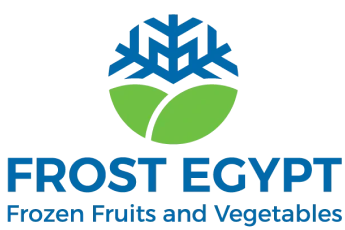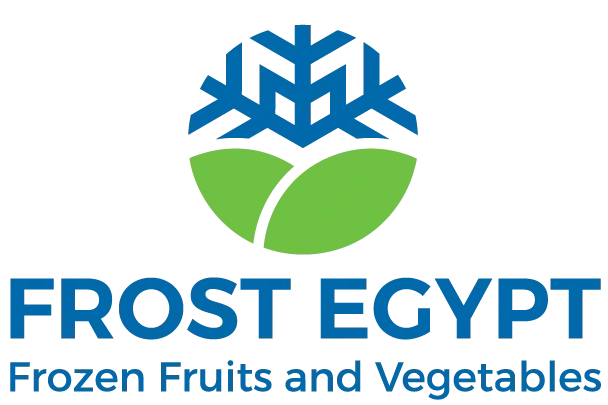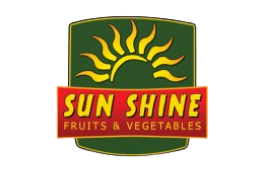Individual Quick Freezing (IQF) Technology
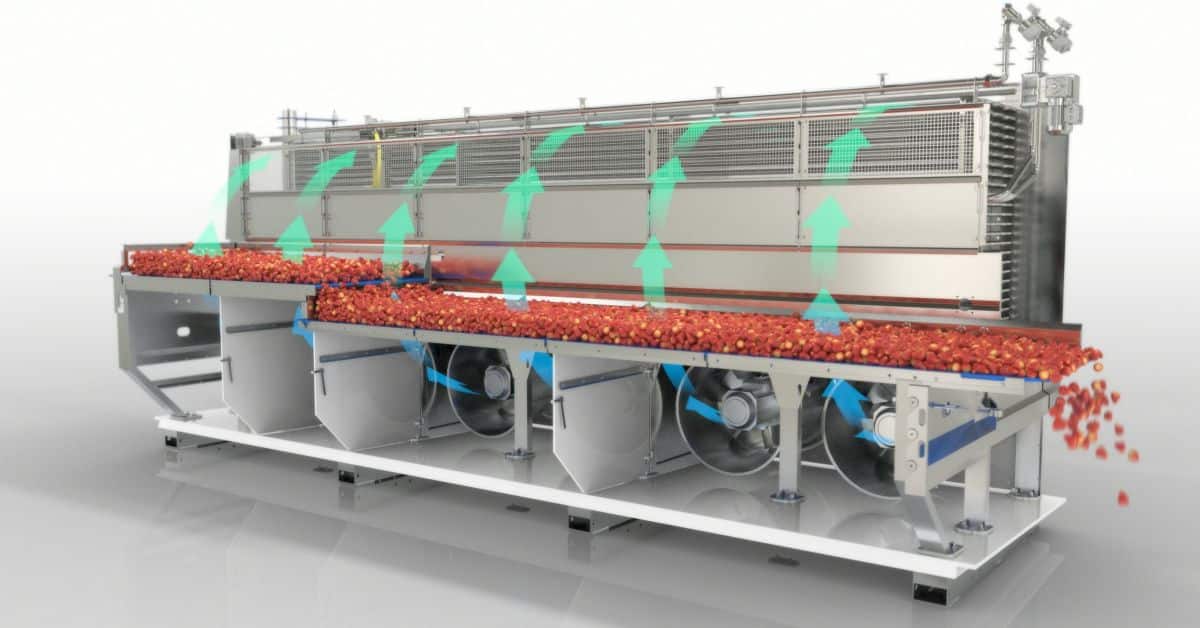
What is IQF Technology?
IQF is a relatively recent freezing method for fruits and vegetables that preserves their size, taste and cell structure in a way that is far superior to more traditional methods such as traditional block freezing or air drying. “Individual” here is the key word and the unique characteristic of this freezing method. Rather than grouping a bulk amount of individual fruits or vegetables together (and thereby risking that they stick together during the freezing process), IQF technology allows fruits or vegetables that have been previously tested, selected, and properly washed to then be loaded onto a “tunnel”.
The Term “Tunnel”
Is used as a pseudonym for what is actually a moving conveyor belt designed to incorporate a soft bumping motion for the products throughout their movement forward, thereby guaranteeing that they remain ‘individual’ and are not stuck together. As the conveyor belt moves along inside the freezing apparatus, specially designed jets release air cooled by liquid nitrogen around the product, creating an air temperature of – 40 degrees Celsius that surrounds the products, and guaranteeing an internal product temperature of -20 degrees Celsius at most.
This entire cycle only takes a few minutes per each bulk of products loaded, by which time each product resembles a completely solid material, similar in consistency to a rock or a stone. IQF freezers come in different capacities that typically range between 0.2 and 7 tons per hour – hence, the size of each of bulk of products loaded differs depending on the freezing machine itself and the required capacity. Each distinct type of fruit or vegetable, and even each strain within a given product (e.g. Egyptian okra vs. Lady Finger okra) has its own optimal IQF cycle time and configured internal air temperature.
At Frost Egypt, experienced operators are responsible for:
-
Clarifying the sourcing specifications for the fruits or vegetables we buy from farming entities and processing stations, so that what is sourced is optimal for IQF freezing.
-
Setting the ideal IQF conditions (temperature, cycle time, and other technical configurations) for each type of product frozen.
-
Safely and responsibly removing frozen products to be moved to our special packing facilities, which quickly pack and then store any frozen products at -20 degrees Celsius – this temperature remains constant throughout storage, transportation, and shipping - till the product reaches Frost Egypt’s end customer.
Why is IQF special? What are its benefits?
To build upon the detailed description of the IQF process, it is important to highlight some of the additional benefits and critical aspects of this advanced freezing technology. One of the most significant advantages of IQF freezing is its ability to maintain the quality and integrity of the product. Since each individual piece of fruit or vegetable is frozen separately, the overall texture, flavor, and nutritional value are preserved more effectively than in traditional freezing methods. This is particularly important for industries that require high-quality produce for use in products such as ready-made meals, smoothies, and other processed foods, where both texture and taste are crucial for consumer satisfaction.
Additionally, IQF technology significantly reduces the risk of ice crystal formation inside the produce. In conventional freezing methods, the slower freezing process allows large ice crystals to form, which can puncture the cell walls of fruits and vegetables, resulting in a loss of moisture and texture when thawed.
IQF freezing, on the other hand, rapidly freezes each piece, preventing the formation of large ice crystals, and thereby ensuring that the product retains its original moisture content, firmness, and structure. This translates into better shelf life, with products staying fresh and appealing for longer periods.
From an operational standpoint, IQF technology also enhances flexibility and efficiency in the supply chain. Since the products are frozen individually, it becomes easier for businesses to package them in a variety of quantities, allowing for customized portion sizes based on market demand. This flexibility is ideal for large-scale manufacturers and retailers that need to cater to different customer preferences. Moreover, IQF products are less prone to waste because individual portions can be thawed as needed, rather than an entire block of produce.
In terms of sustainability, IQF technology plays a vital role as well. IQF helps reduce food waste throughout the supply chain by preserving the nutritional quality of fruits and vegetables. Additionally, the process requires significantly less energy than traditional freezing methods, especially when considering the reduced thawing and refreezing cycles that would otherwise occur with bulk frozen products. The efficient use of liquid nitrogen and other freezing agents ensures minimal environmental impact compared to older technologies.
Overall, IQF technology represents a leap forward in food preservation, allowing companies like Frost Egypt to deliver superior products to customers while optimizing their operational processes and supporting sustainable practices. This cutting-edge method is essential for meeting modern consumer demands for high-quality frozen produce and ensuring the long-term viability of frozen food production.
Frequently Asked Questions
IQF technology freezes individual pieces of fruits and vegetables separately, preventing them from sticking together and maintaining their size, taste, and nutritional quality. In contrast, traditional methods like block freezing can lead to the formation of large ice crystals, which damage cell structures and result in loss of moisture and texture when thawed.
The primary benefits of IQF products include superior retention of flavor, texture, and nutritional value. Additionally, IQF technology reduces the risk of ice crystal formation, allows for flexible packaging options, minimizes food waste, and is more energy-efficient compared to conventional freezing methods. This makes IQF products ideal for ready-made meals, smoothies, and other applications requiring high-quality ingredients.
Yes, the IQF process is designed to be environmentally friendly. It requires significantly less energy than traditional freezing methods and minimizes food waste by preserving the quality of the produce. The efficient use of liquid nitrogen and other freezing agents also contributes to a reduced environmental impact compared to older freezing technologies.
